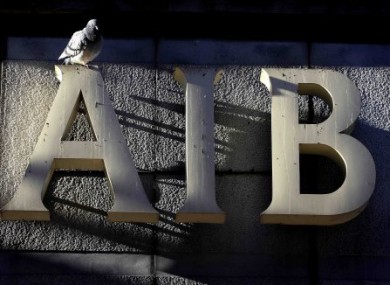
NAMA (who today announced a €1bn loss) has announced a somewhat innovative scheme get people buying property again.
It attempts to de-risk the process of buying property and reduce the worries of negative equity for those buyers in the future.
They mention that they hope that the scheme will get the property market moving again, but in reality unless this scheme comes available for non NAMA properties too, all it will do is help shift some of the agencies massive portfolio of property.
The nuts and bolts of the proposal is described here by the Irish Times:
How the scheme would work
Nama would try to sell a house or apartment linked to one of its loans by putting it on the market for €200,000, for example. The purchaser would have to have a €20,000 deposit and would then apply for a mortgage from one of the two “pillar” banks, Bank of Ireland or Allied Irish Banks.
To encourage the buyer to complete the sale and to ease fears about negative equity – where the loan is worth more than the value of the property – Nama would agree to defer the payment of 20 per cent of the value of the property – in this case, €40,000.
The bank then approves the buyer for a mortgage of €180,000 and the buyer makes the repayment on this loan. If after five years the property is still valued at €200,000 or more, then Nama will collect the outstanding €40,000 from the bank. The repayments do not change.
If the property has fallen in value to say €160,000 then Nama would waive the outstanding €40,000 from the purchase price agreed five years earlier. As a result, the home owner would be ahead on their repayments and avoids negative equity as the mortgage is based on €140,000 rather than the original €180,000.
As a result, the bank and the home owner reschedule the remaining repayments around a mortgage of €140,000.
FS







